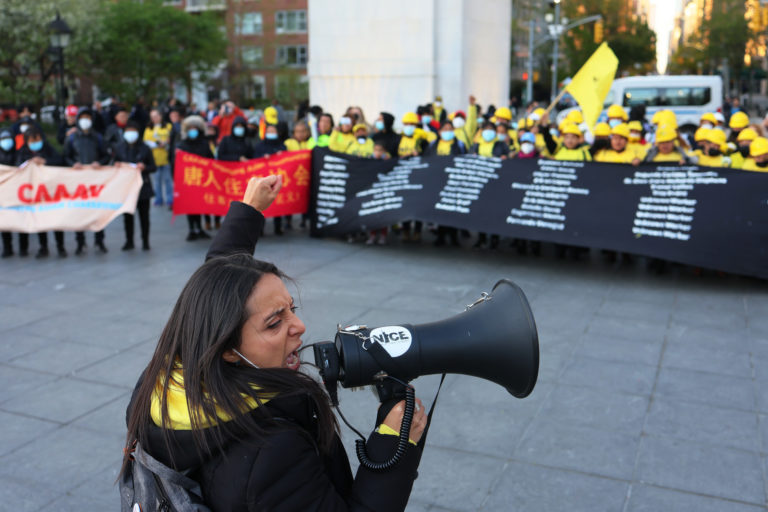Luke Hinrichs is a student at Harvard Law School.
In today’s news and commentaries, voters across the country approve ballot measures to raise minimum wage and require employers to provide paid sick time; Uber and Lyft drivers in Massachusetts win the right to unionize; and NLRB judge rules that Amazon violated labor laws during unionization efforts at its warehouse in Alabama.
On Election Day, voters in various states across the country had the opportunity to vote on stat ballot measures to raise minimum wages and require employers to provide paid sick time. In Alaska, by a large margin, voters approved the initiative to gradually rise the minimum wage to $15 per hour by July 1, 2027, up from $11.73 currently. Alaska voters also approved of a measure to require employers to give workers one hour of sick leave for every 30 hours worked, capping the available leave at 40 hours for small companies and 56 for larger companies. The ballot measure notably includes a ban on captive audience meetings, prohibiting employers from requiring their employees to listen to the employer’s religious or political views, including their opinions on labor unions.
In Missouri, voters approved the measure to increase the minimum wage, gradually raising it to $15 an hour by January 1, 2026, up from $12.30 currently. Starting in 2027, the minimum wage will be adjusted to inflation. Missourians also approved of a measure to require employers to give workers one hour of sick leave for every 30 hours worked, but it provides exceptions for small businesses.
Nebraska voters join the other states in approving a ballot measure that provides workers the right to earn paid sick leave. However, Nebraska’s measure does not specify the rate of accrual.
Voters in Massachusetts passed a statewide ballot initiative providing ride-hailing drivers of apps like Uber and Lyft the ability to for unions and collectively bargain while still being classified as independent contractors. Although the referendum was backed by unions, including Service Employees International Union (SEIU), some labor advocates raised their concerns that the initiative would also serve as a setback to the broader movement to reclassify the drivers as employees with the protection of the National Labor Relations Act. The passed ballot initiative established a process for drivers to raise complaints about unfair work practices before a state board. However, the measure does not explicitly provide strike protections and does not include protections for food-delivery drivers.
A National Labor Relations Board (NLRB) administrative judge has ordered that a new union election be conducted at an Amazon warehouse in Bessemer, Alabama, ruling that the company unlawfully removed union literature from facilities, falsely accused pro-union employees of harassment, and illegally threatened to shut down the facility if workers voted to unionize during a 2022 election. The results of the 2022 were never finalized since ballots were impounded after the union and company both filed legal challenges. That election was held after an NLRB official voided the results of an earlier election conducted in 2021 because the official found that Amazon had violated federal labor law.






Daily News & Commentary
Start your day with our roundup of the latest labor developments. See all
December 22
Worker-friendly legislation enacted in New York; UW Professor wins free speech case; Trucking company ordered to pay $23 million to Teamsters.
December 21
Argentine unions march against labor law reform; WNBA players vote to authorize a strike; and the NLRB prepares to clear its backlog.
December 19
Labor law professors file an amici curiae and the NLRB regains quorum.
December 18
New Jersey adopts disparate impact rules; Teamsters oppose railroad merger; court pauses more shutdown layoffs.
December 17
The TSA suspends a labor union representing 47,000 officers for a second time; the Trump administration seeks to recruit over 1,000 artificial intelligence experts to the federal workforce; and the New York Times reports on the tumultuous changes that U.S. labor relations has seen over the past year.
December 16
Second Circuit affirms dismissal of former collegiate athletes’ antitrust suit; UPS will invest $120 million in truck-unloading robots; Sharon Block argues there are reasons for optimism about labor’s future.